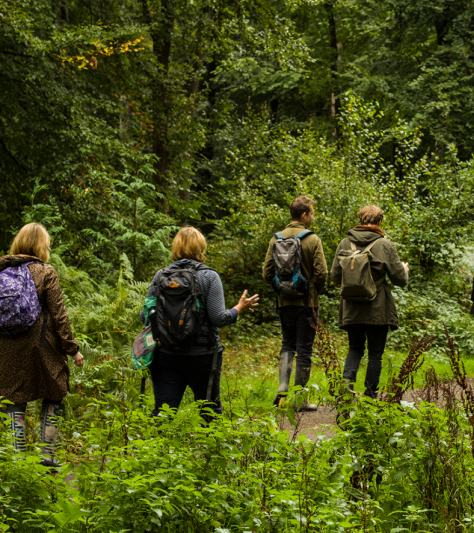About us
For over 140 years, the RFS has dedicated itself to sharing knowledge on the art and science of woodland management so that the accumulated wisdom and experience of landowners, foresters, arborists and others is transferred from one generation to another.
The RFS believes that:
- Woods should be managed not neglected
- Thriving woods depend on nurturing skills and sharing knowledge
- We must increase woodland resilience to pests, disease and climate change
- More sustainably managed productive woods should be created
- Well managed woods generate extensive public benefits which should be funded
- We must increase public understanding of the value of managed woodland
We are committed to ensuring our members’ voice on these topics is heard. Our policies identify what is required to deliver on these core beliefs.
Detail on our individual policies are available below or you can download our document RFS Policies.
The RFS is committed to promoting the benefits of responsible woodland management. Managed woodlands enhance habitat diversity and better protects trees from pests and diseases.
Woods which produce sustainable timber, wood fuel and other products are better for
nature conservation, better for people and better for the economy. Woods which are under-managed will, over time, become derelict scrub devoid of natural beauty, or high forest devoid of structural complexity and habitat diversity. 41% of England’s woodlands
are unmanaged or under-managed. This is a serious threat to the health and sustainability of our woods. The Government wanted 67% of woods in management by 2018, recognising that this will deliver big economic as well as environmental benefits. The goal has been missed. The RFS works tirelessly to increase management of woodlands and
has published Bringing woods into management to identify ways to increase the proportion of well managed woods in England and Wales.
We need to be more open to the important role that non-native species play in our woods for timber production, landscape value and economic sustainability. Conifers as well as broadleaves have an important role to play, both as a nurse for high-quality broadleaved timber, and in woodland ecology and landscape. Conifers underpin the economic health of the forestry sector, accounting for 82% of England’s wood production from just 26% of the wooded land area. A well-managed mixed conifer/broadleaf woodland can have high
habitat diversity and is better for the resilience and sustainability of the wood than a pure stand of broadleaves that is unmanaged.
We promote and encourage excellence across all types of woodland. Owners’ objectives for
their woods differ and in part reflect the type of woodland under management. This includes small woods, community woods, urban woods and multipurpose woods. The RFS recognises that each has an important role to play, and that owners’ management objectives must be respected.
Our three showcase woodlands exhibit the highest standards of woodland management. For more details, click on the management plans below.
The UK is one of the least wooded countries in Europe. 13% of UK land is woodland compared to an average of 37% in Europe. As a result, the UK is the world’s largest per capita importer of wood products.
The Committee on Climate Change recommends woodland cover is increased to a minimum of 17% by 2050, requiring 30,000 ha a year of woodland creation. This is achievable with policies that incentivise environmentally and financially sustainable woodland creation. This will not only lock up carbon, but also increase biodiversity, flood control and create a low-carbon route to increasing the resilience of the rural economy. A thriving forestry industry will reduce imports from abroad which may not be produced sustainably and which increase the risk of introducing pests and pathogens.
Current rates of new woodland creation fall well short of this target.
Woodlands have a key role to play in climate change mitigation, but it is also vital that we adapt our existing woods to predicted future climates.
Climate change is placing added stress on our trees which makes them more susceptible to infection. The RFS played a leading role in the development of the Climate Change Accord: a call for resilient woods, forests and trees.
Our position and policies have been detailed in a separate document Forests and Climate Change, setting out what we believe needs to be done to accelerate the pace of change that is urgently needed in forestry to respond to climate change.
Diversifying the range of tree species both native and non-native protects our woodland from overreliance on a narrow range of species and helps support resilience. There are an ever increasing number of tree diseases threatening many of our most common woodland tree species including oak, ash, larch and pine.
Policies which strengthen biosecurity are vital to protect UK woods from disease. We will promote policies that encourage owners to source UK grown trees and oblige nursery owners to provide buyers with information on seed provenance that enables informed buying decisions. We support development of early disease detection systems and faster dissemination of information to woodland owners to advise them on actions they can take to detect and mitigate the impact of pests and diseases.
The Government must support the UK’s world leading, innovative research on tree pests and diseases including breeding more resilient and productive tree species.
The grey squirrel represents one of the greatest threats to the health of UK broadleaved woods. It is pointless to plant oak, beech, birch, sweet chestnut or sycamore without a rigorous and sustained programme of squirrel control. Bark stripping by greys will ensure these trees never replace mature trees of the same species as objects of beauty and utility in our woods. We believe the threat must be addressed through research and development of more effective control methods, raising public understanding of need to control greys in areas where trees are most vulnerable, and collaboration between landowners to address the problem. The RFS is a signatory of the UK Squirrel Accord and a member of the Accord committee.
UK deer populations are far above carrying capacity and, unlike other areas of Europe, there are no surviving apex predators to naturally control population levels. Over browsing of ground flora damages woodland ecosystems and prevents natural regeneration of trees on which foresters increasingly depend.
There is a clear and compelling case for Government to support the wide range of public
benefits delivered by forestry where it is not possible to establish a market incentive. These include carbon capture, biodiversity, flood attenuation and health and wellbeing. We support the introduction of natural capital principles for valuing land use and rewarding delivery of public benefits. We want forestry to have equivalent access to payments for ecosystem services as other land uses.
We support policies which facilitate the development of markets for UK-grown timber,
wood fuel and non-timber products, including investment in the hardwood supply and promotion of timber in construction.
We believe a more risk-based approach to regulation should be introduced. It should not be forgotten that woodland management, despite the improved outlook in recent years, remains a marginal activity for many landowners in lowland England. Burdening forestry with unnecessary regulation risks stopping management of woods to the detriment of the environment the regulations are designed to protect.
A larger and thriving forestry sector requires a pool of skills and talent at all levels. The RFS published “A study of current and future skills in forestry in England and Wales” and is leading the forestry sector to encourage more young people to take up careers in forestry by creating and managing a forestry careers website, attending careers fairs
and providing work experience placements for students.
We want to see more provision of forestry education in the national curriculum, more people enrolled in forestry and related courses at higher and further education level, more apprenticeships and integration of forestry into environmental and biological science courses.
We believe that knowledge exchange, formal and informal continuous professional development are vital to ensure that current and new woodland owners have access to the best available information to make informed decisions on how they manage their woods.
-
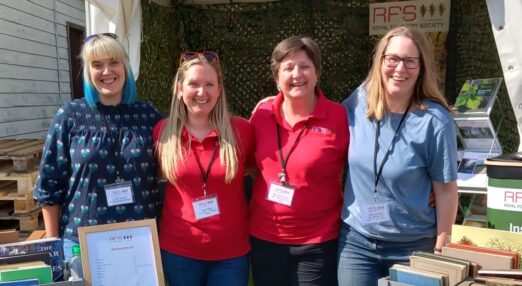
Our People
Read more
-

Our Woods
The RFS owns three woodlands, each managed as a showcase for woodland management and home to some rare and beautiful trees.
Read more
-
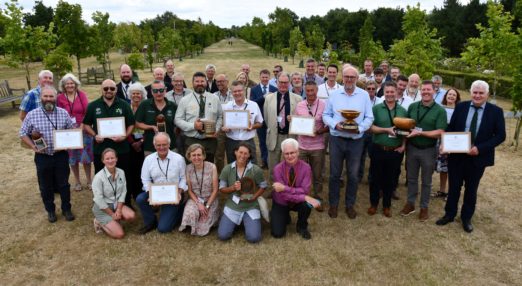
RFS Awards
The Royal Forestry Society is proud to offer a range of awards which recognise students, organisations and professionals for the work they do to improve British woodland and forests.
Read more
-
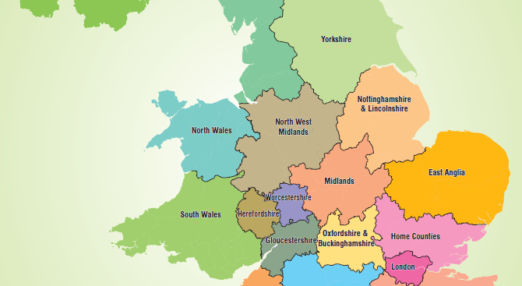
RFS Divisions
Read more
-

Partnerships
The RFS is delighted to work in partnership with a number of other organisations to drive forward common goals.
Read more
-
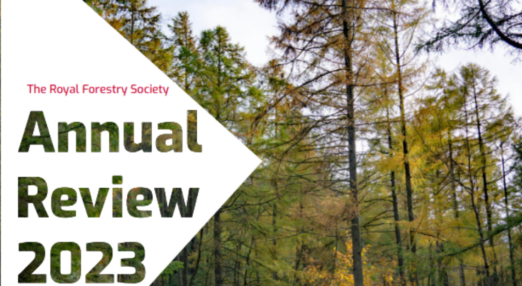
Annual Review, Annual Report and Accounts
Read more

